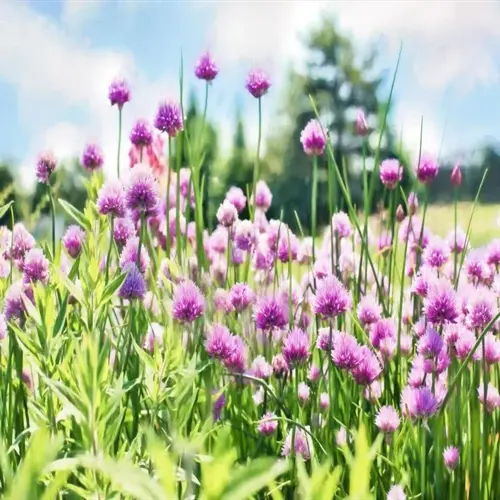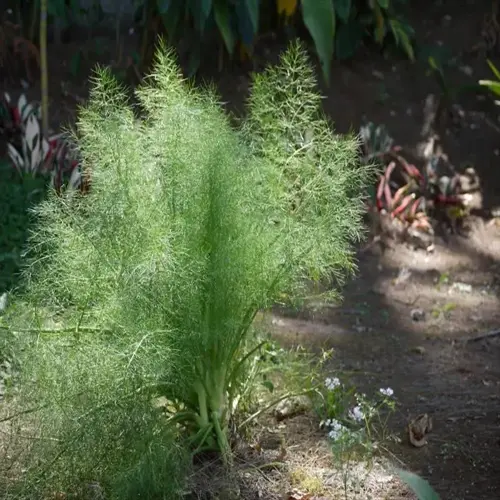What are the health benefits of fennel?

Written by
Julia Anderson
Reviewed by
Prof. Samuel Fitzgerald, Ph.D.Fennel is not only a culinary herb, but it also offers numerous health benefits. The nutritional properties of this Mediterranean plant offer high amounts of antioxidants in both the bulbs and seeds. I have used fennel in family meals for years and can personally confirm its benefits for digestion. Herbal medicine has been documented to have medicinal benefits for a long time.
Vitamins & Minerals
- Vitamin C: 17% daily value per cup boosting immunity
- Potassium: 10% DV regulating blood pressure
- Manganese: 8% DV supporting bone health
Active Compounds
- Anethole: Primary antioxidant reducing inflammation
- Fiber: 7g per bulb aiding digestion
- Phytonutrients: Limonene and quercetin content
Medicinal Properties
- Digestive Aid: Relaxes intestinal muscles reducing cramping
- Antimicrobial: Fights bacteria in laboratory studies
- Diuretic Effect: Promotes fluid balance through potassium
To receive optimal benefits from fennel seeds, use them a few times per week, steep 1 teaspoon of crushed seeds in a cup of boiled water to drink as digestive tea. You can chew 1/4 teaspoon of crushed seed after each meal, as it helps decrease excessive bloating. The essential oil anethole helps relax the muscles of the gastrointestinal tract. Use seeds in moderation and avoid taking high doses.
Be aware of major precautions before medicinal use. Women who are pregnant are discouraged from taking therapeutic doses, due to their estrogenic effects. Patients taking blood thinners should exercise caution and consult their doctor for medical advice. Start with small doses, as allergic reactions are possible. Never use fennel as a replacement for prescribed medications.
When prepping fresh bulbs, it's best to reduce cooking time for maximum nutrient savings. Consume raw in salads to maintain heat-sensitive vitamin C. Tasting light steaming increases antioxidant efficacy. Pair with vitamin C-rich foods, as citrus may increase iron absorption. Avoid excessive cooking, which destroys beneficial compounds.
Know the current research limitations about the health claims. While lab studies have indicated potential anti-cancer effects, human studies are pending. Clinical research substantiates that the fiber content does enhance digestion. Use fennel as part of a balanced diet, not as a magic bullet for health.
Read the full article: How to Grow Fennel Successfully at Home

